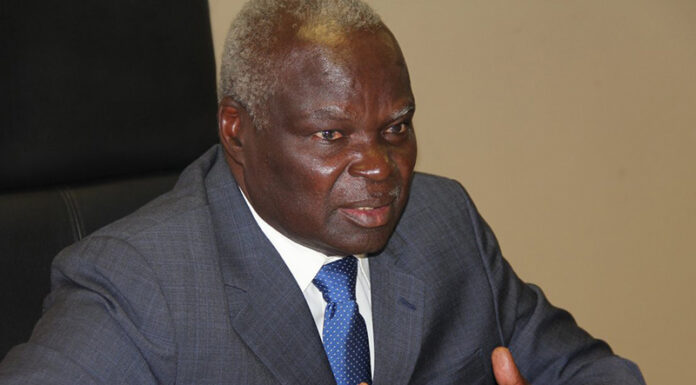
Marc Holtzman
There is no better time for the United States to reset relations with a foreign country than at the change of an administration. While the new president, Joe Biden, will no doubt have a busy agenda, a key priority should be how to re-engage with sub-Saharan Africa. The good news is that it’s already something about which the president has given a great deal of thought.
“Helping Africa capitalize on the opportunities and manage the challenges of a burgeoning population is in our shared interest… [and] provides opportunities for American businesses to access new markets and consumers, including in Africa’s growing cities,” said Biden, speaking in 2019 at the Council of Foreign Relations, a US think tank.
Africa’s role in global affairs is only going to grow in the coming decades, given that by 2050, Africa will account for 25 percent of the world’s population. In a report last year, McKinsey predicted $5.6 trillion in African business opportunities by 2025. While risks remain, statistics such as these highlight the major opportunities awaiting potential investors in Africa.
No African country is in more need of a reset with the United States than Zimbabwe. Zimbabwe-US relations have been strained ever since the administration of George W Bush imposed sanctions on former President Robert Mugabe and members of his inner circle nearly 20 years ago. Sanctions were extended in March 2020, with the US accusing President Emmerson Mnangagwa’s government of cracking down on opposition figures and failing to implement the reforms promised when he came to power in late 2017.
But missing the opportunity to re-engage with Zimbabwe would be a mistake at both the diplomatic and economic level. The country’s leaders are frustrated that there are no clear targets for it to meet to gain acceptance by the West. Lack of dialogue risks pushing Zimbabwe further into China and Russia’s sphere of influence.
It would be a mistake for the Biden administration to overlook Zimbabwe as a partner in the region, not least because of the strategic and economic opportunities available to American companies. Zimbabwe has all the ingredients to prosper – untapped human capital with one of Africa’s highest literacy rates, a rich mineral base and some of the best conditions for farming on the continent.
Zimbabwe is said to be among the most richly mineralized countries on the planet. It is among the top 10 producers of lithium, the essential ingredient in the batteries that power the technology of the new industrial revolution. More conventionally, it has some of the world’s largest platinum and chromium reserves. The true scale of Zimbabwe’s mineral wealth is one of the last great unknowns in the extractive sector, with large deposits of gold, chromium, coal, tin, copper and natural gas yet to be fully explored.
For adventurous investors who get in early, Zimbabwe promises to be a highly lucrative market. In more than 30 years of working in places as diverse as Russia, China, Kazakhstan, Rwanda and Ghana, I believe Zimbabwe is one of the greatest emerging market opportunities I’ve ever seen.
At a political level too, some of the long called for economic reforms have taken place. First, the Zimbabwean government has reformed Mugabe’s indigenization policy by opening all sectors of the economy to foreign investors. The local monopoly of investment in the mining of platinum, gold and diamonds has ended.
Second, approximately $3.5 billion is set to be paid in compensation to white farmers whose land was expropriated by the government to resettle black families, moving much closer to resolving one the most divisive policies of the Mugabe-era.
These positive steps, along with several others, bode well for the future but have been unrewarded and unrecognized internationally. The good news is that the Biden foreign policy team will have experienced professionals such as Secretary of State-nominee Antony Blinken and Linda Thomas-Greenfield, the new US ambassador-designee to the United Nations. They know Africa well. It would be an extremely positive step if the new president’s team re-engages with Zimbabwe to make clear what is expected so that the tremendous potential of its people can be realized.
This would also remove some of the uncertainty for investors. For example, the sanctions that exist today are on individuals, not on Zimbabwe as a country, though at present they act as a general deterrent to all foreign investors who fear falling foul of any regulations.
A productive US-Zimbabwe relationship makes sense on all levels. Zimbabwe currently is the US’s 174th largest trading partner with $87 million in total goods traded during 2019. This is a fraction of the vast economic opportunities to be realized and enjoyed by the United States and Zimbabwe. – Syndication Bureau
Marc Holtzman is chairman of CBZ Holdings, Zimbabwe’s largest financial institution. He is a former vice chairman of Barclays and former president of the University of Denver.










